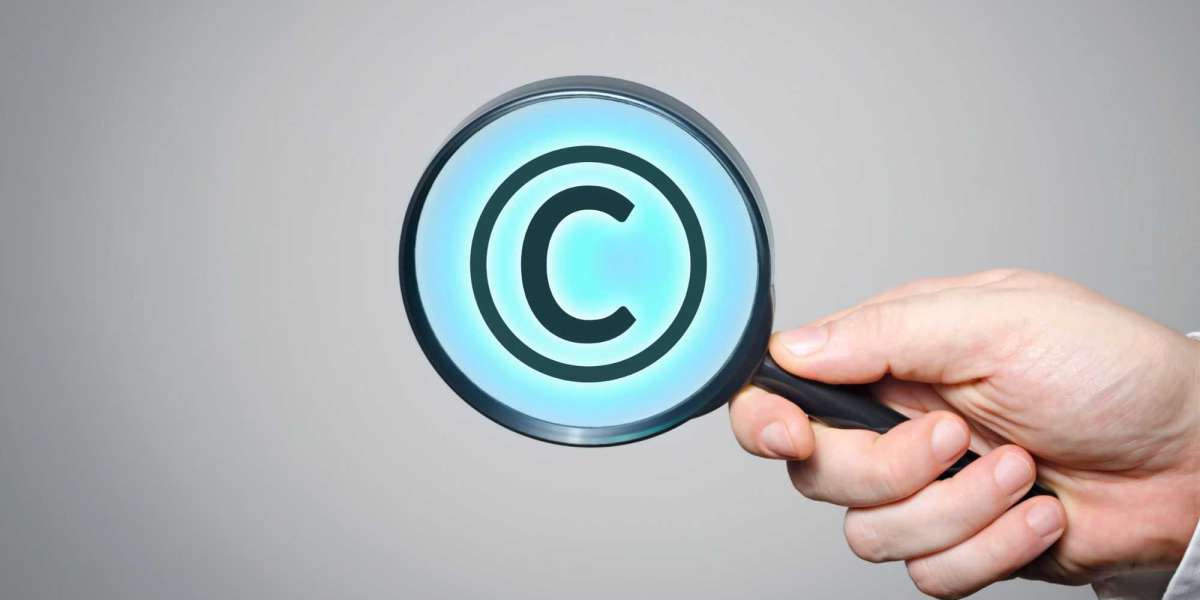Copyright registration in India protects the creator’s original work from unauthorized use and grants exclusive rights to reproduce, distribute, and display their creations. Governed by the Copyright Act, 1957, this registration is essential for safeguarding intellectual property across various domains, including literature, music, art, film, software, and architecture.
What is Copyright?
Copyright is a legal right that protects original works of authorship, such as literary, artistic, musical, and cinematic creations. It ensures that the creator has control over the use of their work, allowing them to earn recognition and financial benefit. Copyright does not protect ideas, concepts, or methods; instead, it safeguards the expression of those ideas in a tangible form.
Benefits of Copyright Registration
- Legal Protection: Copyright registration serves as evidence of ownership, providing legal protection against infringement.
- Exclusive Rights: It grants the creator exclusive rights to reproduce, distribute, adapt, and display the work.
- Commercial Value: Copyrighted works can be monetized through licensing, sale, or royalty agreements.
- Global Protection: Through international agreements like the Berne Convention, registered copyrights in India are recognized in many countries.
- Moral Rights: The creator retains the right to claim authorship and protect the integrity of their work.
Eligibility for Copyright Registration
Copyright can be registered for the following types of works:
- Literary Works: Books, scripts, software, and web content.
- Artistic Works: Paintings, sculptures, drawings, and architectural designs.
- Musical Works: Musical compositions with or without lyrics.
- Cinematographic Works: Films, documentaries, and short films.
- Sound Recordings: Recorded sounds, including songs and audiobooks.
Process of Copyright Registration in India
- Prepare the Application:
Complete Form XIV, the prescribed application form, providing details about the work, the creator, and the applicant. The form should include copies of the work and a declaration form, if required. - Submit the Application:
Submit the application online through the Copyright Office portal or manually at the Copyright Office in Delhi. A separate application is needed for each work. - Examination Process:
After submission, the Copyright Office issues a diary number as acknowledgment. The application is examined for any discrepancies, and the applicant must respond to objections, if raised. - Publication for Objections:
The work is published in the Copyright Journal to invite objections from the public. If no objections are raised within 30 days, the process moves forward. - Grant of Registration:
Once approved, the Registrar of Copyrights issues a certificate of registration, officially protecting the work under copyright law.
Validity of Copyright
Copyright is typically valid for the lifetime of the creator plus 60 years after their death. For works created by businesses or anonymous authors, the 60-year term starts from the year of publication.
Challenges in Copyright Registration
- Plagiarism Claims: Disputes over originality can arise during registration.
- Infringement Risks: Even with registration, vigilance is needed to monitor unauthorized use.
- Complex Documentation: Preparing the necessary forms and evidence can be cumbersome.
Conclusion
Copyright registration is essential for protecting creative works and ensuring their rightful use. By securing legal rights, creators can safeguard their intellectual property, enhance their market credibility, and monetize their creations effectively. For smooth registration, consider consulting professionals who specialize in intellectual property rights. Protect your creations today to inspire tomorrow!








